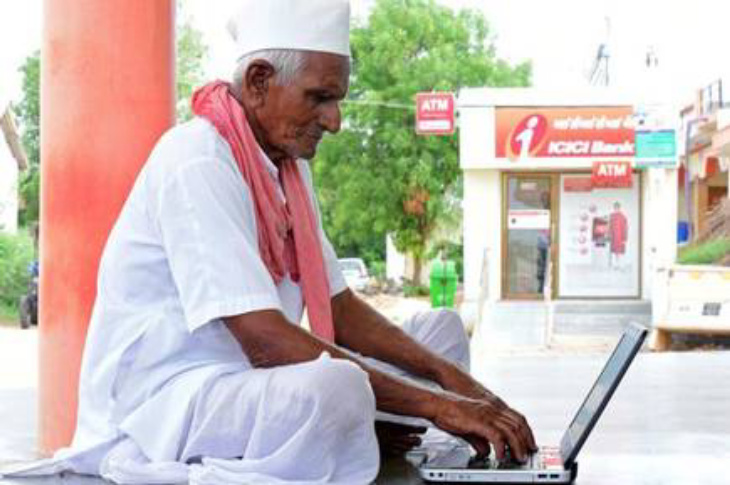Cash transaction of ₹2 Lakh? You may be liable to pay 100 percent penalty of the transaction amount to Income Tax
image: The hindu business line.
In the last financial budget, the government has come up with the introduction of Section 269ST of the Income Tax Act, which states in detail that Section 269ST “prohibits any person to receive an amount of Rs.2 lakh or more in cash”:
(i) In aggregate from a person in a day, or
(ii) In a single transaction, or
(iii) In respect of transactions relating to one event or occasion from a person .
Few examples to understand the new tax amendment:
- Suppose, Mr. X sells furniture worth Rs 4,50,000 and makes three different bills of Rs 1,50,000 and gives one to each person & accepts cash in a day, at different times, the Section 269 ST (a) will get violated.
- Secondly, Mr. Y sells gold worth Rs5, 00,000 through a single bill to another person and receives cash of Rs 2, 50,000 on the first day and the remaining on the next day, then Section 269ST(B) gets violated.
- Thirdly, Mr. Z accepts an order for catering, flowers & light decoration, occasion venue rent in respect for the event of marriage from Mr. A. He accepts cash of Rs 1,00,000 for the purpose of catering; Rs 1,50,000 for decoration; Rs 1,50,000 for the venue booking, then also section 269 ST(c) gets violated, even if he accepts cash on different dates because all the three transaction is relating to occasion of A’s marriage.
Thus, we can understand that in all the three cases, section 269ST gets violated and penalty u/s 271DA is applicable.
Penalty for violating Section 269ST:
If any person violates the provisions of Section 269ST or accepts any payment in conflict with the provisions, then he shall be liable to pay a penalty of sum which is equivalent to the amount of receipt under Section 271DA.
But in case the person can prove that there was sufficient and bonafied reasons for the breach of the section, no penalty shall be imposed.
However, it is being said that a transaction amount which is equivalent to Rs2 Lakh or more is permitted while doing transaction only through the use of electronic clearing system (which includes debit/credit card/Net Banking/IMPS/UPI/NEFT/RTGS/BHIM) via bank or account payee cheque or demand draft. Nonetheless, it can be said that this is an initiative taken by the government, in order to promote and boost up the digital economy.
Exemptions to Section 269ST of the Income Tax Act:
- Though this section is not applicable to any receipt of amount by the government, any banking company, post office savings bank or co-operative bank, or any other person/receipts as may be notified.
- Also, transactions referred to in section 269SS (attracted when we accept loan from any person) will be excluded from the scope of the new section 269ST.
Thus, we can say that from now onwards cash transactions must be done vigilantly. Accepting any amount which is more than Rs 2Lakhs, received in form of cash, can impose penalty. This is to make the citizens more concern that transaction of lump sum amount of money must be done by the mode of bank payments only. Now-a-days, income tax laws are getting more firm for the taxpayers so that unaccounted income can be taken count of.
Trending



Ask a Lawyer